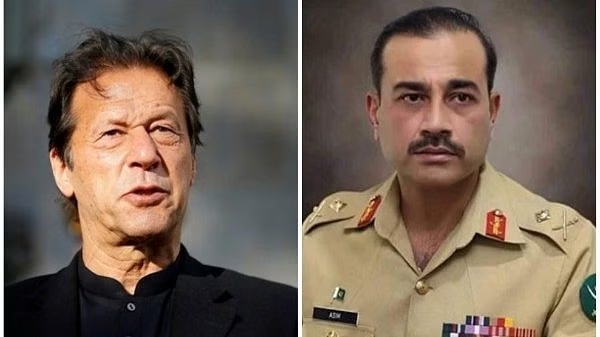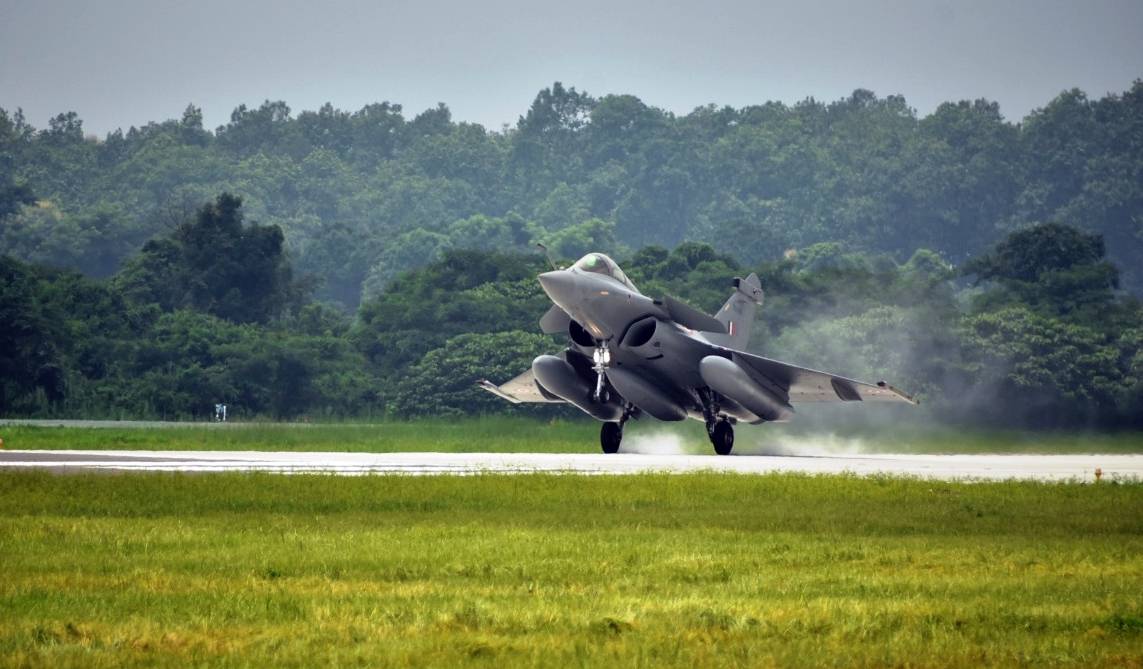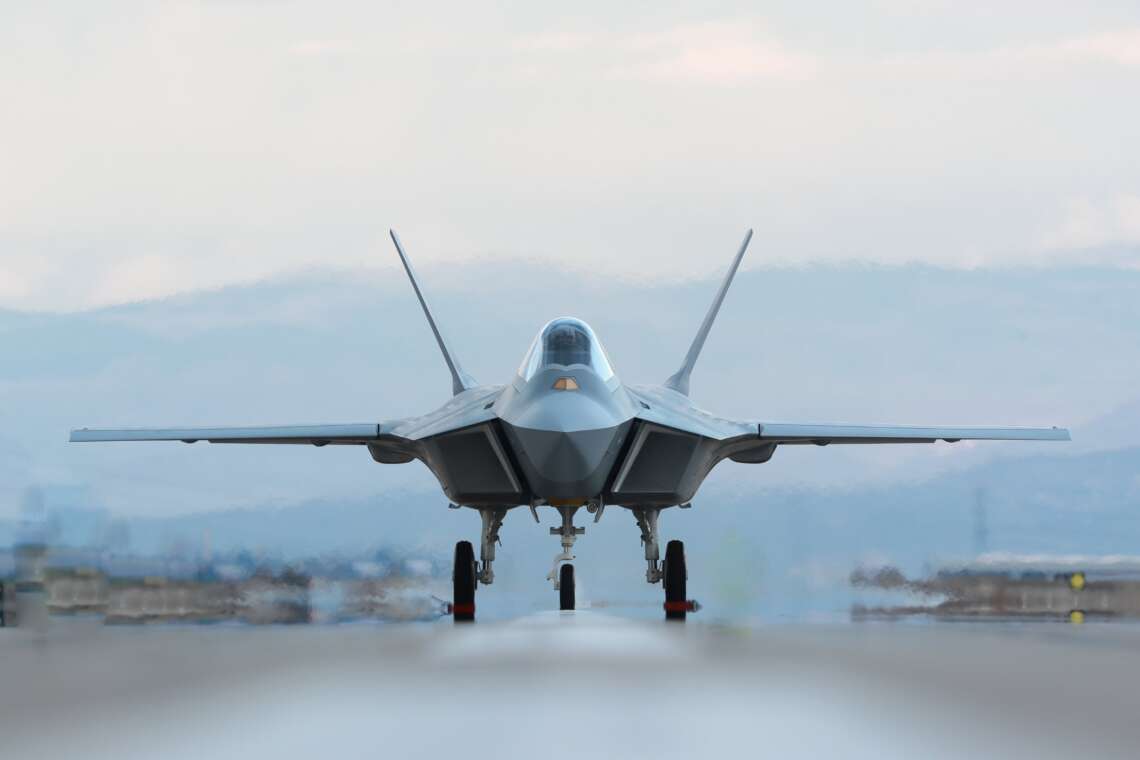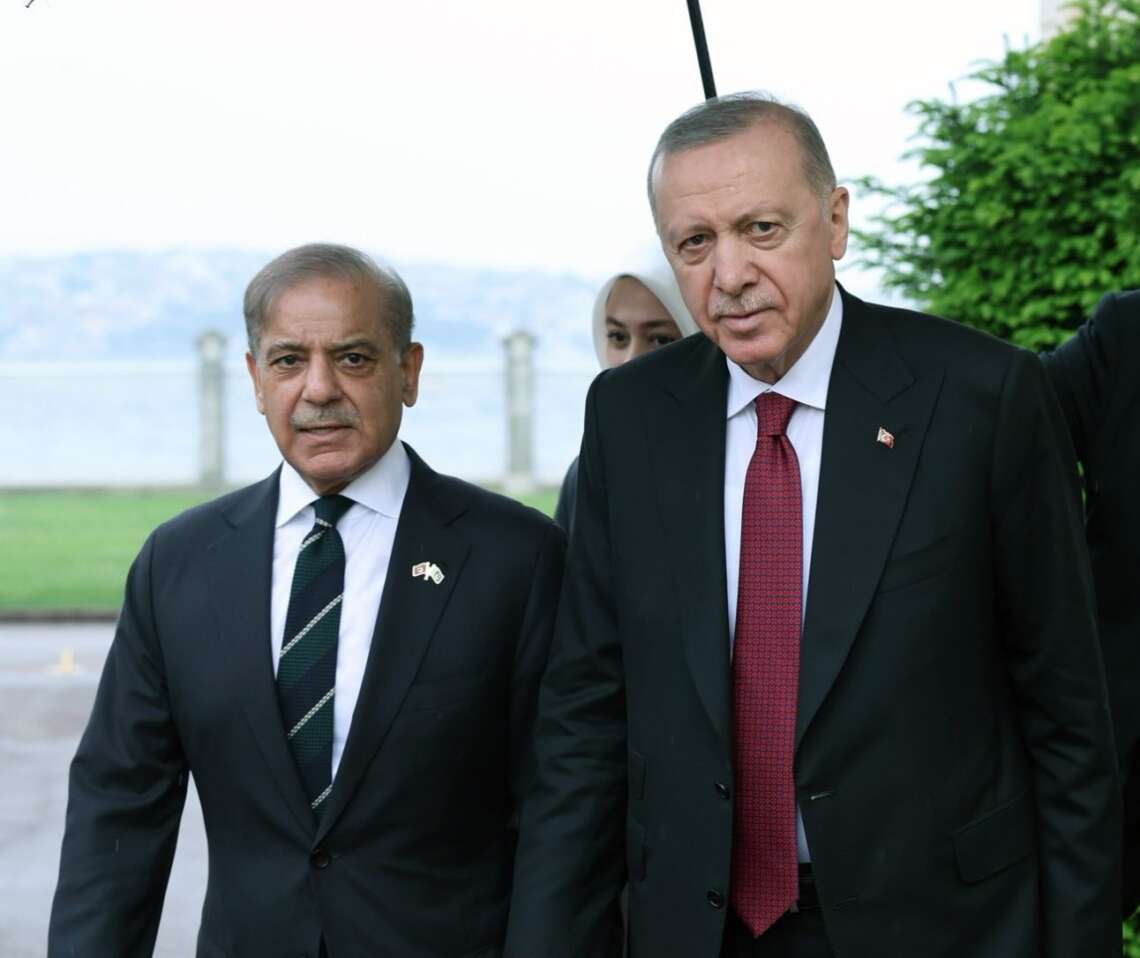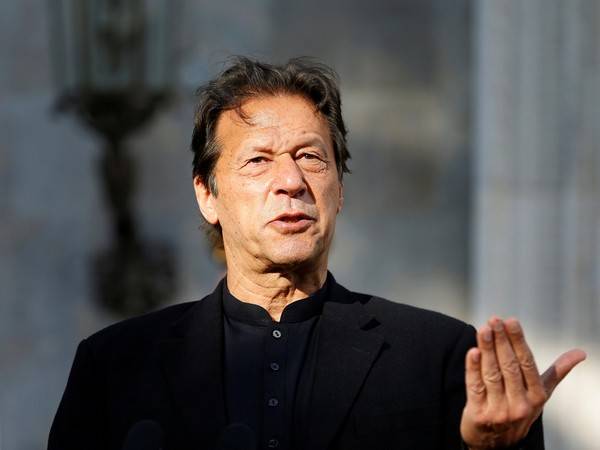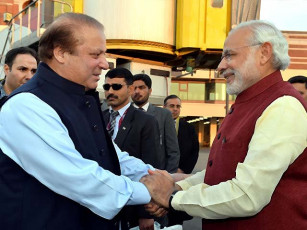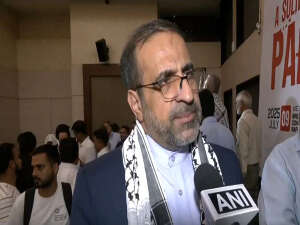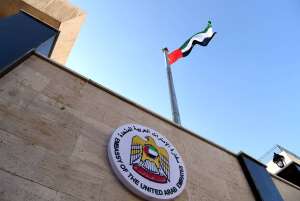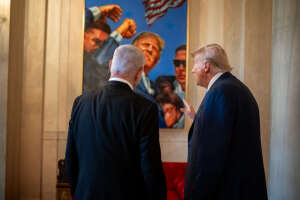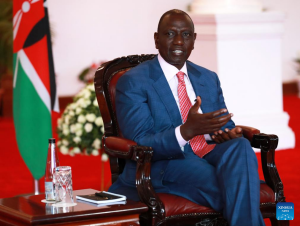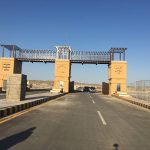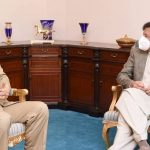In the current scenario, where polls are to be held on February 8, the military establishment seems to have given the go ahead for conducting them on schedule…reports Hamza Ameer
In Pakistan, the political discourse has been heavily influenced by the powerful military establishment, which has maintained its control over the country through direct and indirect takeovers.
This makes it the most critical quarter for the leadership of any political party to seek consent from in order to gain power. And the forthcoming polls on February 8 are no different.
What was talked about in whispers earlier, was confirmed in November 2022 when then army chief General Qamar Javed Bajwa conceded that Pakistan’s military had interfered in politics for decades and promised that the institution would keep itself away from the democratic functioning of the country.
That promise seems to have been forgotten in a few months as the military establishment under the leadership of the current army chief General Syed Asim Munir, seems to have gained more control over the process.
The May 9, 2023 riots by former premier Imran Khan’s party Pakistan Tehreek-e-Insaf (PTI) have resulted in a complete dismantling of the PTI as its top leadership either got arrested or was allegedly forced to announce the parting of ways.
Thousands of PTI supporters remain in custody while its leader Imran Khan faces at least 10 years’ imprisonment in the cipher leak case and 14 years in the Toshakhana case.
Observers say that the way PTI has been treated and dismantled clearly indicates that Imran Khan is no more in the good books of the military establishment, despite being the most popular leader of Pakistan.
“The ouster of PTI and Imran Khan from elections has raised serious concerns regarding the fairness of the polls, with the party denied its symbol, Khan in jail, its other leaders in hiding or behind bars.
“The censorship imposed by the military, especially on reporting about Imran Khan and PTI, coupled with the subdued atmosphere, doesn’t reflect an election campaign season,” said senior journalist Abid Hussain.
While there is uncertainty on the political discourse and outcomes, the signals from the military establishment seem clear.
“The military believes it is central to Pakistan’s existence and remains the most dominant institution of the state with influence across the non-military spheres, thanks in large part to its years of direct rule”, said Badar Alam, a journalist.
In the current scenario, where polls are to be held on February 8, the military establishment seems to have given the go ahead for conducting them on schedule.
One reason behind this is that the army has now taken the responsibility of getting Pakistan out of the current economic crisis it is in; reaching out to friendly neighbouring countries and global lenders with guarantees on their own behalf.
General Munir established a special forum called the SIFC (Special Investment Facilitation Council) with an aim to attract at least $100bn in investments from other countries, assuring them of smooth sailing in the process through the SIFC.
It is also believed that the military establishment is the more reliable guarantee authority for the IMF, China and other countries than any ruling political force in Pakistan.
“The prime reason that elections would be held on time is because the army has said it, and because the IMF wants to see the political transition process and talk with an elected government with a five-year tenure for a long-term financial plan,” said political analyst Javed Siddique.
Despite the serious challenges of security and terrorism, the army has given a positive signal for the elections, a nod pivotal and vital for any major decision the country takes for its future.
ALSO READ-Economic Crisis and Security Threats Loom Over Pakistan

